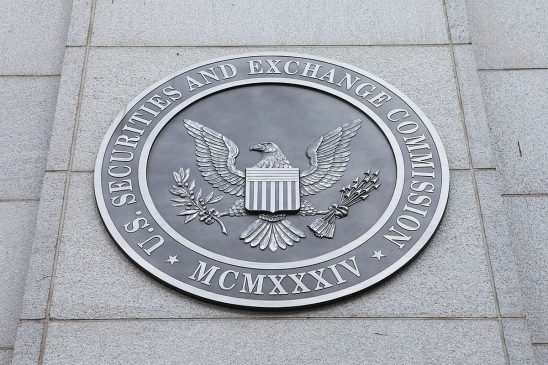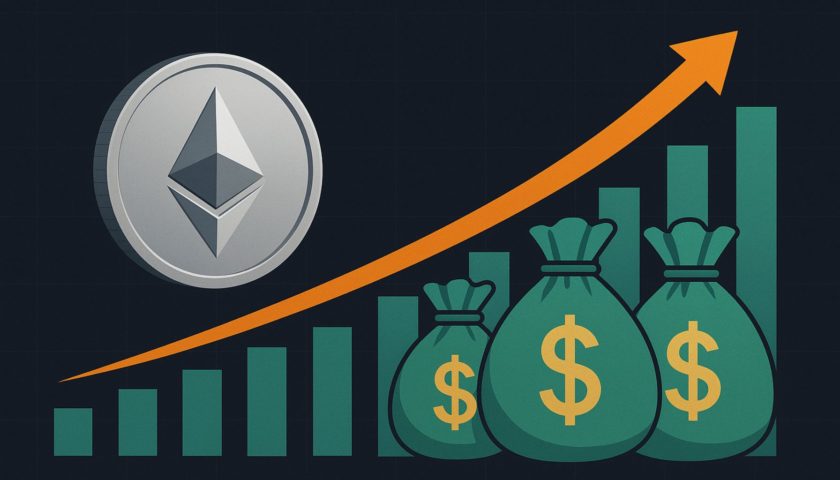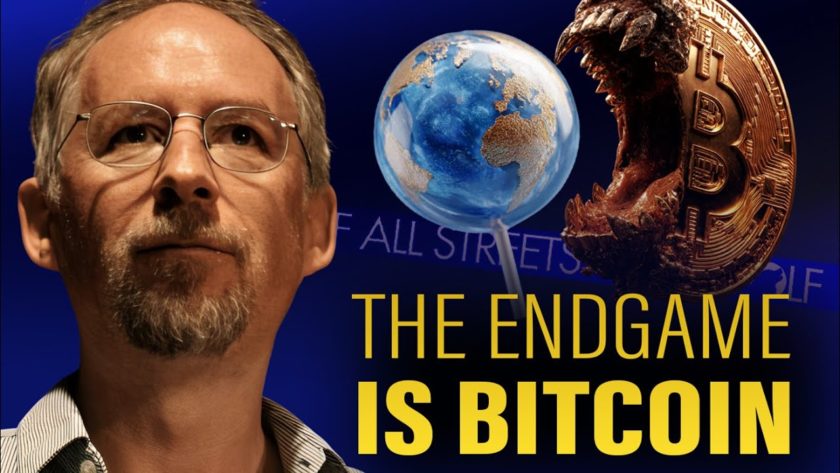Securities and Exchange Commission Chairman Jay Clayton confirmed an existing analysis stating that Ethereum and other tokens of similar characteristics did not fall within the securities category under SEC standards.
Mr. Clayton issued that statement in an official response to US House Rep. Ted Budd, who requested a formal pronouncement from the commission asking to clarify certain positions regarding cryptocurrencies. One clarification he asked for was to corroborate whether the opinions expressed by William Hinman, SEC Director of the Division of Corporate Finance, were representational or personal in nature.
As previously reported by Ethereum World News, Mr. Hinman was invited to the All Markets Summit organized by Yahoo Finance on Thursday, 14 June 2018 as a member of the SEC, and during that event explained that because of its characteristics, ETH (the native cryptocurrency of the Ethereum network) was not considered a security:
“When we think about how ether today is operating, at least, we see a highly decentralized” network, not the type of centralized actor that characterizes securities offerings. In its current state, we don’t see value regulating it.”
However, despite the positive effect this opinion had on the markets, the non-formal nature of this event raised doubts in the community. This motivated Mr. Ted Budd and a group of congressmen to ask the SEC for greater clarity regarding cryptocurrencies, ICOs and the like:
Ethereum and Other Projects Don’t Pass The “Howey Test”
Mr. Clayton’s official communication on behalf of the SEC points out that while each cryptocurrency, token or ICO must be evaluated individually, the general criteria allow the civil society to have an approximate understanding of whether a token is a security by applying the Howey Test.
“We also apply tests developed through case law, including the well-established “investment contract”* test articulated by the Supreme Court in SEC v. Howey and its progeny, including United Housing Found, Inc. v. Forman. As those cases explain, the “touchstone” of an investment contract “is the presence of an investment in a common venture premised on a reasonable expectation of profits to be derived from the entrepreneurial or managerial efforts of others.” The determination of whether a digital asset is an “investment contract” depends on the application of Howey and its progeny to the particular facts and circumstances of the digital asset transaction.”
Broadly, according to the Howey Test, a transaction is an investment contract if:
- It is an investment of money
- There is an expectation of profits from the investment
- The investment of money is in a common enterprise
- Profit comes from the efforts of a promoter or third party
Good News For The Ecosystem
For further clarity, Mr. Clayton specifically referred to the words of William Hinman, Director of the SEC’s Division of Corporate Finance. In the letter, Comm. Clayton confirmed that Ether (and tokens of similar characteristics) were not considered Securities:
“Your letter also asks whether I agree with certain statements concerning digital tokens in Director Hinman’s June 2018 speech. I agree that the analysis of whether a digital asset is offered or sold as a security is not static and does not strictly inhere to the instrument. A digital asset may be offered and sold initially as a security because it meets the definition of an investment contract, but that designation may change over time if the digital asset later is offered and sold in such a way that it will no longer meet that definition. I agree with Director Hinman’s explanation of how a digital asset transaction may no longer represent an investment contract if, for example, purchasers would no longer reasonably expect a person or group to carry out the essential managerial or entrepreneurial efforts. Under those circumstances, the digital asset may not represent an investment contract under the Howey framework.”
Mr. Clayton’s statements are of special importance for traders of ETH and other similar tokens since they open the doors to American exchanges to operate freely without the uncertainty of being accused in the future of illegal operations with undeclared securities.




